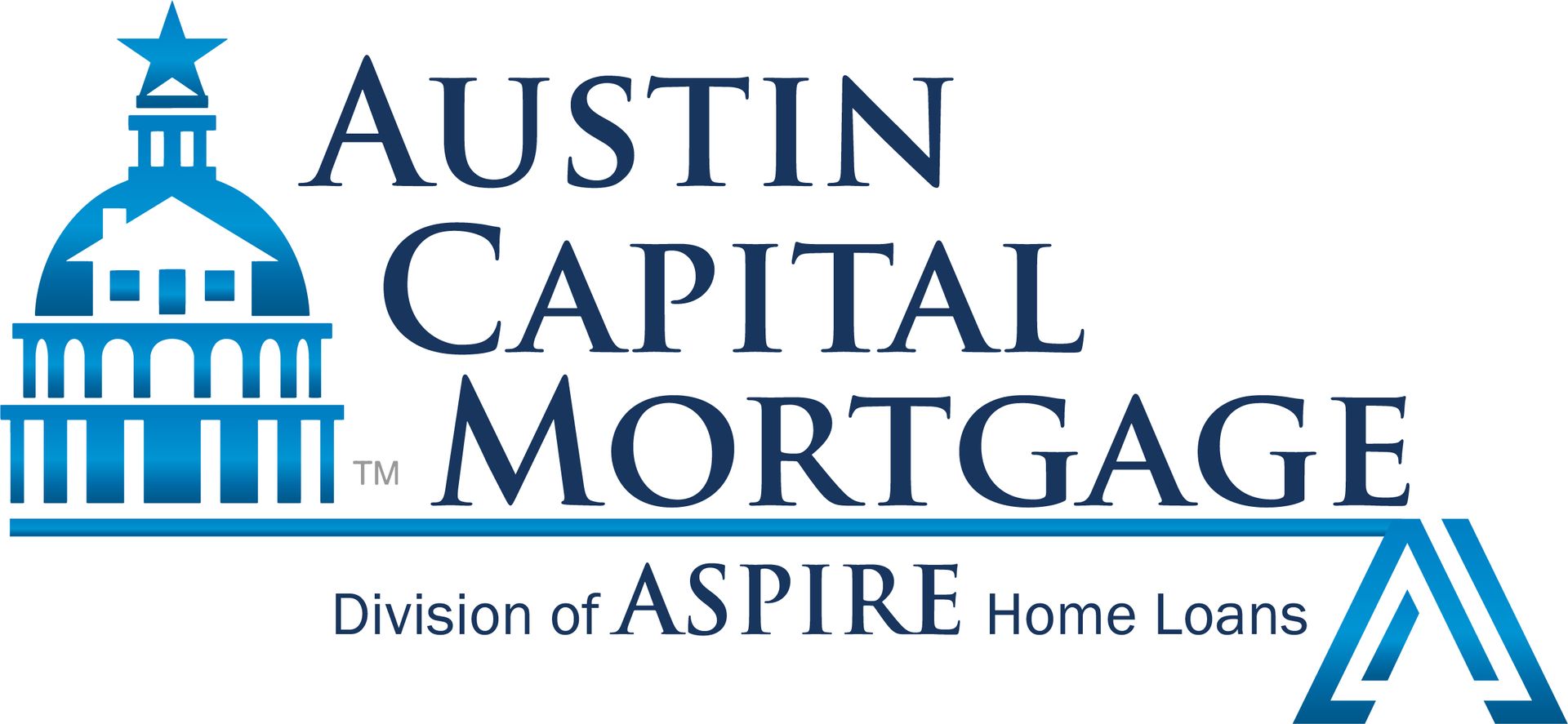How to avoid mortgage scams and fraud
John Cronin
Mortgage scams and fraud can take many forms, including identity theft, fake lenders, and fraudulent loan modification programs. Here are some tips to help you avoid mortgage scams and fraud:
Work with a reputable lender: Work with a lender that has a good reputation and is licensed in your state. Check their credentials and reviews online, and ask for referrals from friends or family members.
Don't share personal information with unknown parties: Be cautious about sharing personal information with anyone you don't know, especially over the phone or internet.
Watch out for "too good to be true" offers: Be suspicious of offers that seem too good to be true, such as extremely low interest rates or promises of guaranteed approval.
Avoid paying upfront fees: Be wary of lenders or brokers who require upfront fees, such as application fees or credit report fees. Legitimate lenders typically charge fees at closing, not before.
Do your research: Research any company or individual before working with them. Check with the Better Business Bureau or state regulatory agencies to see if there are any complaints or enforcement actions against them.
Read all documents carefully: Read all loan documents carefully before signing them. Make sure you understand the terms of the loan, including interest rates, fees, and repayment terms.
Report suspicious activity: If you suspect fraud or a scam, report it to the appropriate authorities, such as the Federal Trade Commission or your state attorney general's office.
By taking these steps, you can help protect yourself from mortgage scams and fraud. It's important to be cautious and vigilant, especially when dealing with sensitive financial information.

